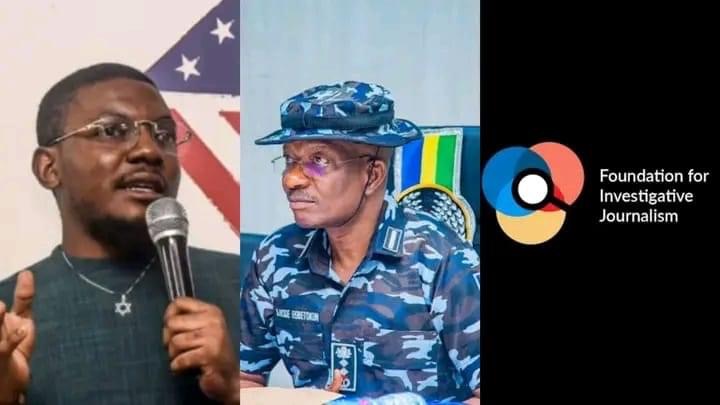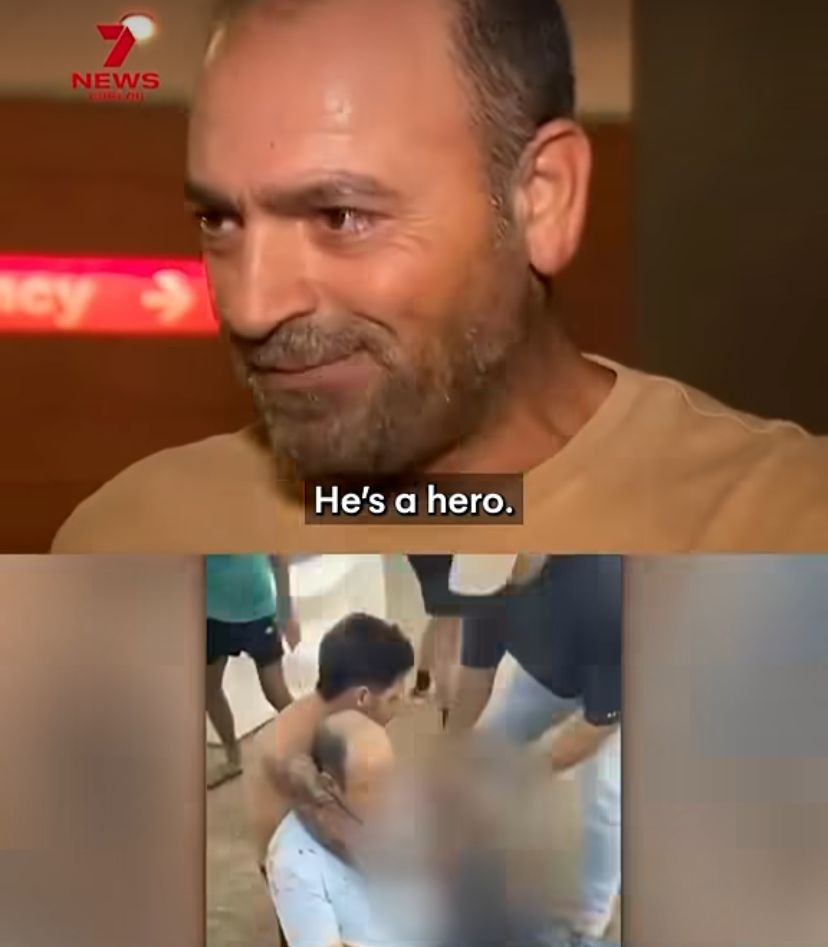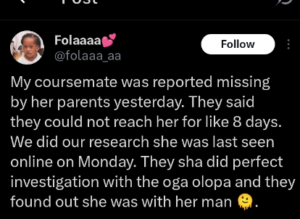Trending
Despite Meeting Bail Condition, Nigeria Police Refuse To Release Detained FIJ Journalist, Daniel Ojukwu, Over An ‘Order From Above’

That’s disturbing to hear! Daniel Ojukwu, a journalist with Foundation for Investigative Journalism (FIJ), was arrested and detained by the Nigerian Police despite meeting his bail conditions. The reason given for his continued detention was an “order from above”. This raises serious concerns about the independence of the police and the rule of law in Nigeria. It’s important for journalists to be able to do their work without fear of harassment or intimidation. I hope he is released soon and that the circumstances around his detention are investigated. Do you have any other questions about this case?
Trending
The man who tackled a gunman to the floor and saved people from getting sh0t at Bondi Beach in Australia has been identified as Ahmed al Ahmed.

The man who tackled a gunman to the floor and saved people from getting sh0t at Bondi Beach in Australia has been identified as Ahmed al Ahmed.
He was shot during the incident and is currently recuperating in a hospital.
Meanwhile the two gunmen who k!lled over 9 people during the attack were neutralised.
NB: This page does not support violence and this is just a news report.
https://www.instagram.com/reel/DSQXFGajEFV/?igsh=M295eGdiNGVtbHBn
🎥 @7newsaustralia
Trending
Female Student Missing For 8 Days Found Chilling At Boyfriend’s House

A fresh controversy erupted online after a female student, missing for eight days, was found at her boyfriend’s house.
Details of the incident were shared by a classmate of the lady, identified as @folaaaa on X (formerly Twitter).
According to @folaaaa, her classmate’s parents are of age, and the father disclosed that he is currently 70 years old.
Prior to her being found, her last WhatsApp activity was on Monday, December 8, 2025.
Read Tweet Below…..
My coursemate was reported missing by her parents yesterday. They said they could not reach her for like 8 days. We did our research she was last seen online on Monday. They sha did perfect investigation with the oga olopa and they found out she was with her man”.
Meanwhile, the tweet which has garned over 400,000 views has been flooded with reactions from X users.
Dam Dam stated, “Dem suppose arrest Her and her man. Make dem sleep inside cell for a week. Imagine giving your parents so much headache and eventually you are with a man,at least call them and let them know you are safe wherever you are”.
PP the art, “The number of people that had shared and reshared “missing girl” on my WhatsApp cl was crazy. my friend was telling me this just now and i was so shocked”.
Jimmy, “Same thing happened in my department while i was in year 1,fliers were made they even interrogated her male friends.these went on for the whole of the semester only to find out she reads the class group messages and sees the missing fliers. She then later said she’s with her man”.
Bhetty, “She went to see a man and she didn’t take her parents’ call?Make she sleep cell for 3 days”.
See below…..

Trending
“It took me getting married and giving birth to realise marriage benefits men more” — Woman shares emotional thoughts

A woman has stirred serious conversations online after opening up about how marriage and motherhood changed her perspective on life.
In a heartfelt reflection, she said it was only after getting married and giving birth that she began questioning who marriage truly benefits.
According to her, women often carry the heavier load — emotionally, physically, and mentally.
She explained that marriage can make women feel like tools, responsible for cooking, cleaning, caring for the home, and even contributing financially, while still bearing the full weight of pregnancy, childbirth, and childcare.
She questioned why something described as a “blessing” should come with so much pain, stress, sleepless nights, and emotional strain for women.
In her words, childbirth comes with intense pain, followed by years of responsibility that largely fall on the woman, while many men continue life almost unchanged.
She admitted she never strongly pushed for marriage herself and only went along with it after family pressure. It was the lived experience — not theory — that opened her eyes.
While she made it clear that she loves her son deeply and finds joy in him, she said motherhood also forced her to confront uncomfortable truths about expectations placed on women.
📹: TT/mummychika1
https://www.instagram.com/reel/DSP0XSnjAvd/?igsh=MTd3ZzdlbWI0dHV1Nw==
-
Business1 year ago
US court acquits Air Peace boss, slams Mayfield $4000 fine
-

 Trending1 year ago
Trending1 year agoNYA demands release of ‘abducted’ Imo chairman, preaches good governance
-

 Politics1 year ago
Politics1 year agoMexico’s new president causes concern just weeks before the US elections
-

 Politics1 year ago
Politics1 year agoPutin invites 20 world leaders
-

 Politics1 year ago
Politics1 year agoRussia bans imports of agro-products from Kazakhstan after refusal to join BRICS
-
Entertainment1 year ago
Bobrisky falls ill in police custody, rushed to hospital
-
Entertainment1 year ago
Bobrisky transferred from Immigration to FCID, spends night behind bars
-
Education1 year ago
GOVERNOR FUBARA APPOINTS COUNCIL MEMBERS FOR KEN SARO-WIWA POLYTECHNIC BORI













